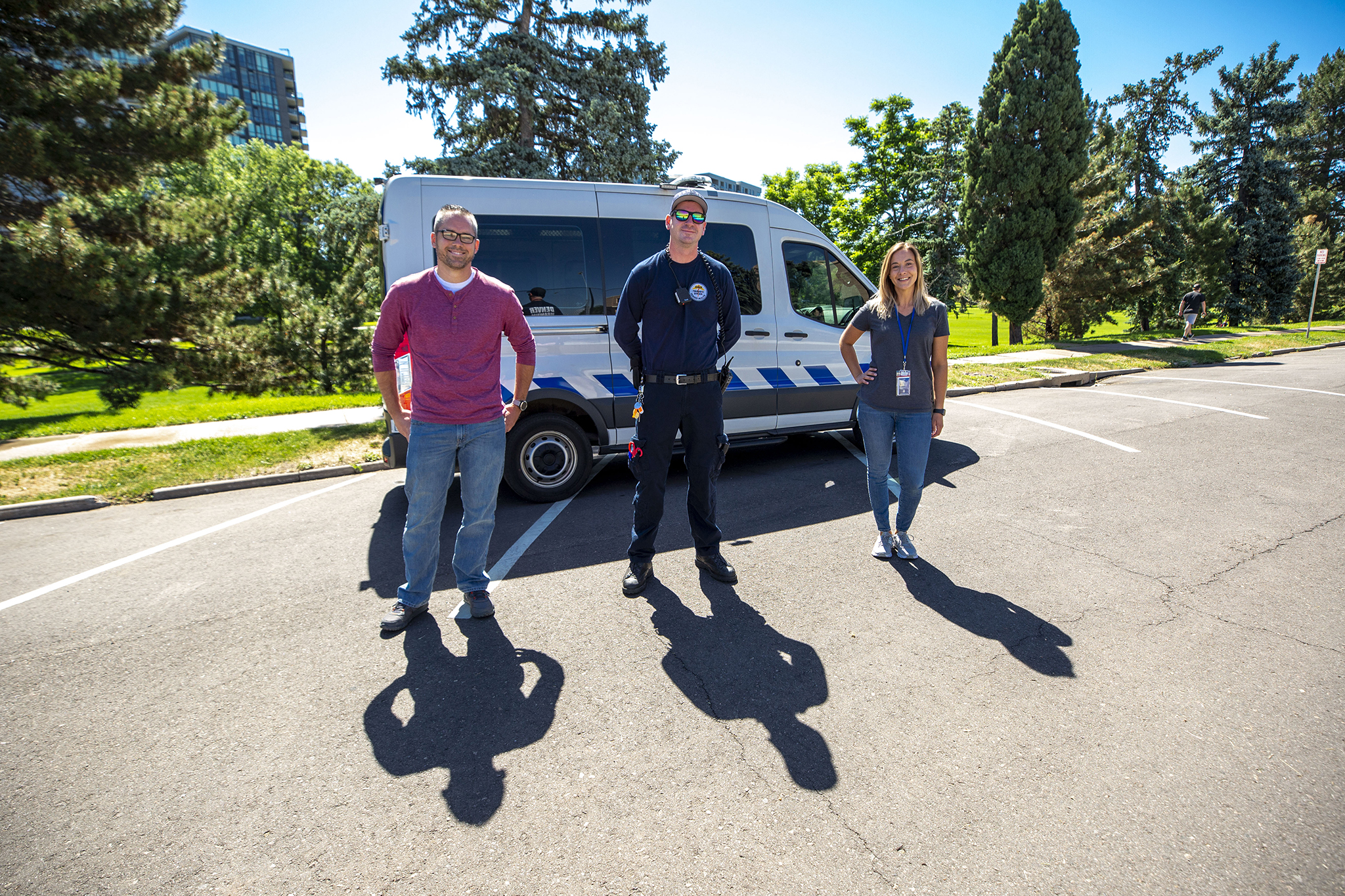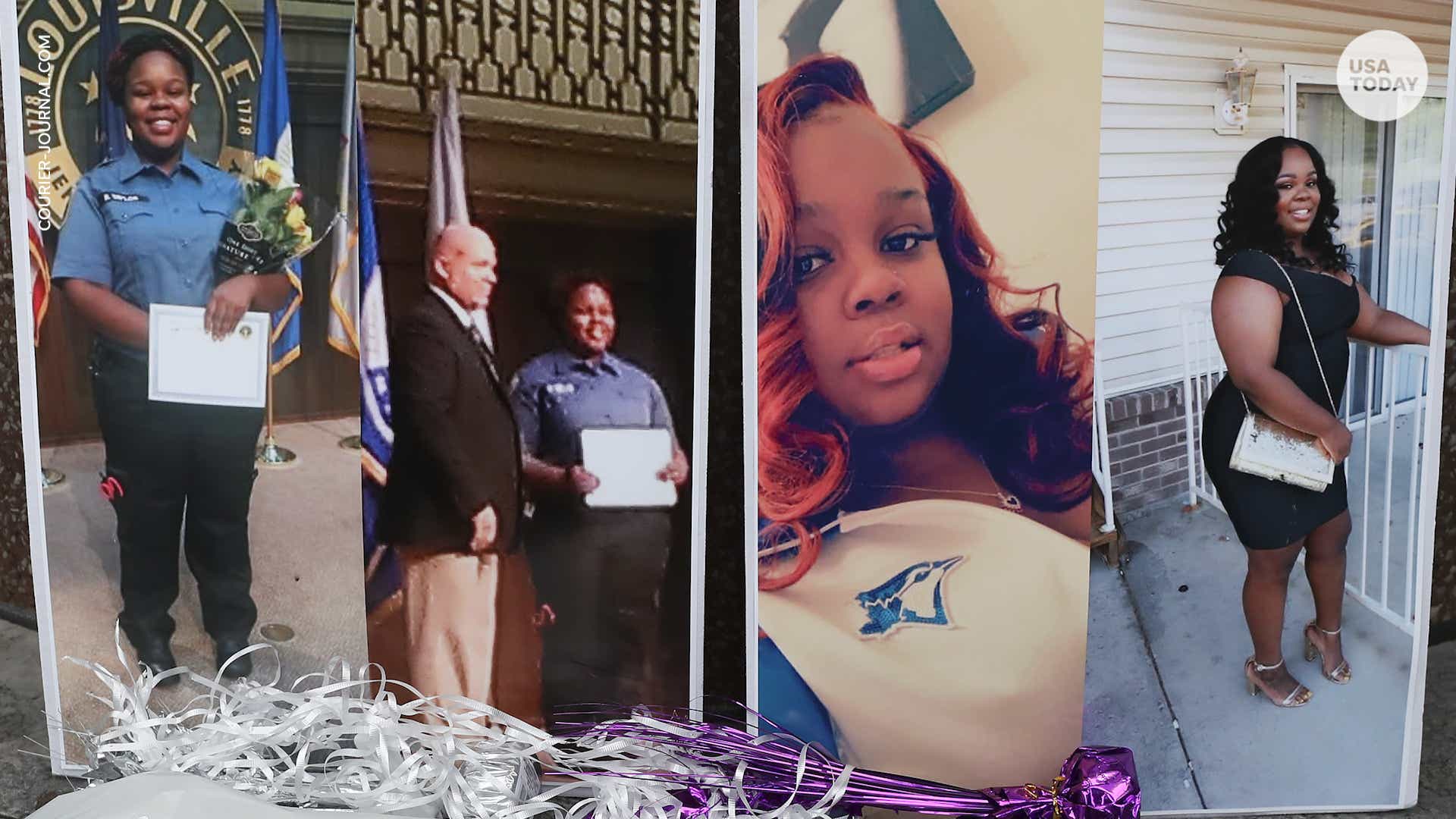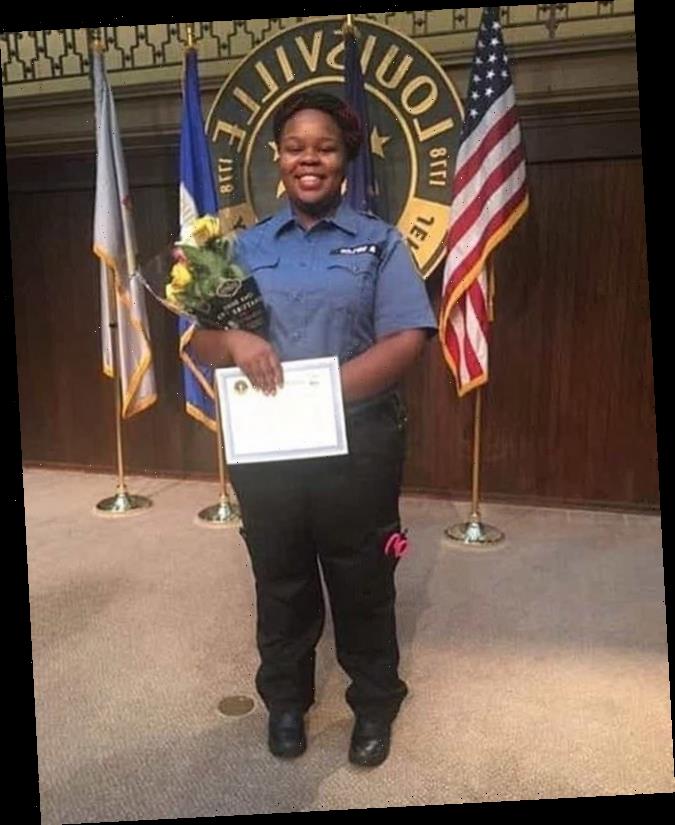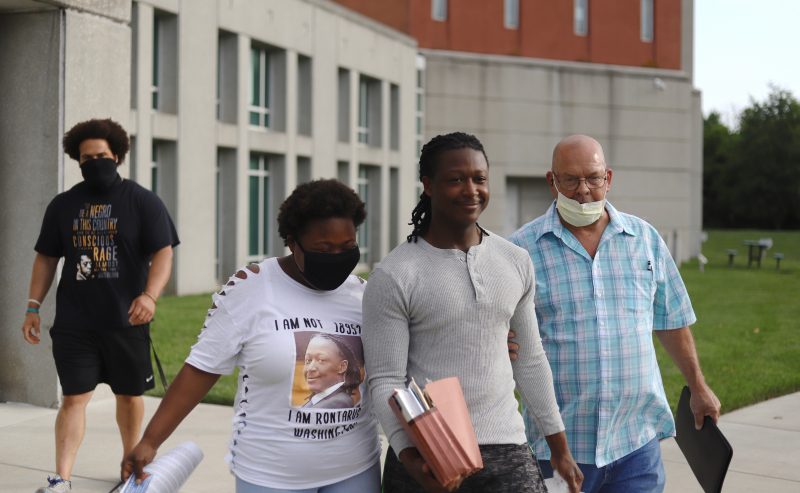Denver Colorado, September 9, 2020
Support Team Assisted Response (STAR) program was started in June, 2020 and has responded to over 350 calls from 911 in Denver. In place of police is a small team, made up of paramedic and mental health worker. The team is responding to what can be termed as non-violent calls for police.
Good Numbers
To date, Police assistance has not been needed for any of the calls. No arrests have been made on any calls answered by a STAR team. While this sounds outstanding there must be an examination of the program.
STAR Program
The STAR initiative has been born from the response by police to growing addiction crisis. The police had brought together mental health experts, including social workers and mental health professionals, to ride along with police. The main objective was to help with addicted suspects in 911 calls. The initiative has been in place for 4 years.
Version 2.0
STAR Program was enacted, and implemented in June, 2020. It is a cooperative of social workers, mental health and addictions experts. The Health department assigned a paramedic, also well trained in addictions. The teams work in pairs, deescalating tense situations, instead of arresting people.
The STAR Program Van
This unassuming repurposed van had been intended to local traffic enforcement. It has been outfitted with yellow roof lights, some blue stripes on a white background. No Logo at this time, but it is being worked on. Since June, 2020 the STAR Van has been riding the Denver streets helping those in crisis.
The Main Objective Is Supporting the Police
The STAR Van, takes pressure off the police, but deescalating non-violent situations from from the beginning. The STAR Van is a nonthreatening vehicle, without the triggering effect police have on people. Monies from the Caring4Denver grant voted into legislation in 2018, were used to organize and execute the STAR Program.
Some Issues
One of the most apparent downsides is having to transport people to the emergency department iat the local hospital. This isn’t appropriate for everyone. The other downside is funding. Working from a grant only goes so far, and monies from the police department are not being allocated properly. Finally, there are thousands of 911 calls per month, and this roll-out has only handled under 500 calls in three months.
Assessment
Unfortunately there are many thousands of 911 calls that could be handled by teams of well trained professionals focused in their respective areas. Especially minor drug and alcohol related incidences, neighborhood arguments, non-violent disputes. The biggest way such a team could benefit the police is by deescalating and separating domestic violence victims from their abusers.
Does The Program Actually Meet The Needs of The Population?
The use of these teams in areas of high 911 calls is essential and the roll out does seem to be helping. There is no evidence of a diverse enough personnel to handle the cultural and ethnic issues facing many of those that need understanding rather than enforcement.
How A Real Program Would Look
In many of the neighborhoods most in need, the people of the community would best help, in trained roles. Training for members of the community, as well as for programs to bring training to the community rather then sending just a few “chosen” members to be educated outside the community are very necessary. While this sounds like a great initiative from the outside looking in, it falls short of bringing the true help that could make these communities safer overall.
The Final Analysis
Learning from the fact of the success of the initiative so far, and being honest about how effective it could be and the pitfalls that could open the program to unnecessary limitations. If you mean to help someone with an addiction, then do that, for all addicts, not just those that have people calling the police on them.
Further Reading
The Articles in This Section Added To Our Report
Denver News CBS Story, the 5280 Article, ABC Denver Story





